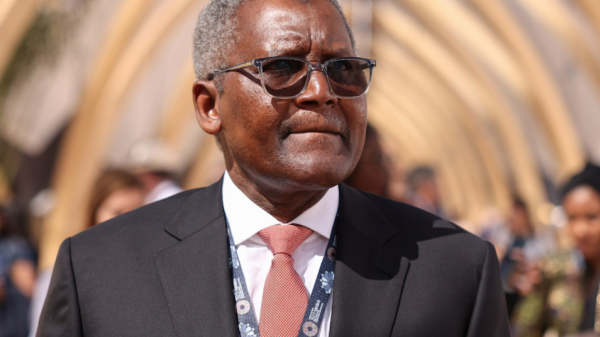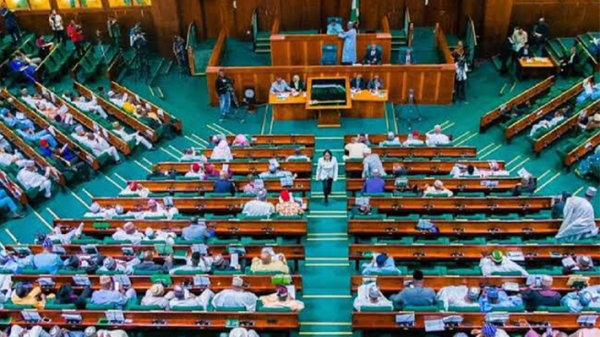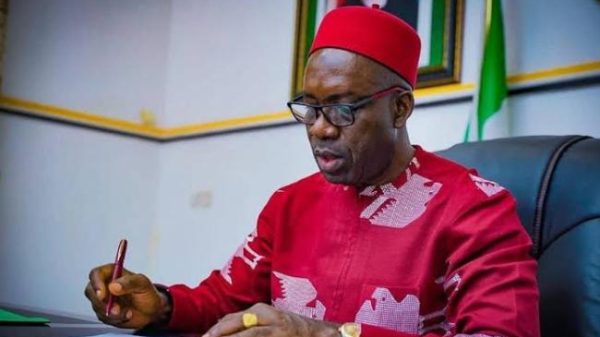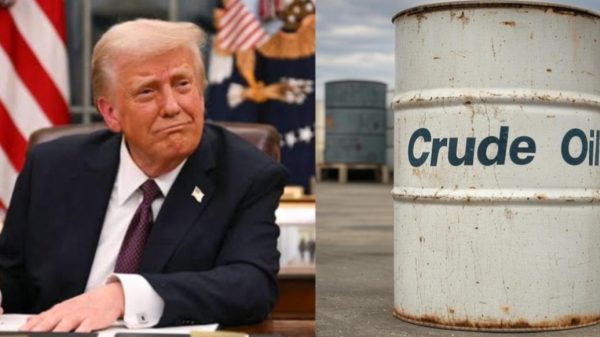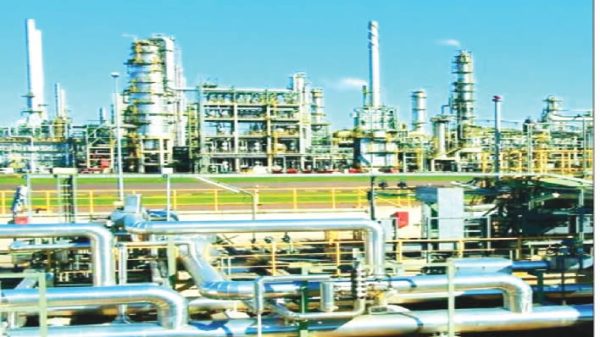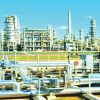Abuja, Nigeria -The President of the Natural Oil and Gas Suppliers Association of Nigeria (NOGASA), Benneth Korie, announced that Nigeria’s ongoing petrol scarcity is expected to end by September 2024. This optimism stems from the anticipated operational commencement of the Dangote and Port Harcourt refineries next month.
Speaking at a press conference in Abuja on Wednesday, August 28, 2024, Korie highlighted the significant impact these refineries will have on the country’s fuel supply. The Dangote Refinery, in particular, is set to boost petrol availability and foster competition in the market.
Korie urged the inclusion of key industry stakeholders such as NNPC Trading and Retail, Depots and Petroleum Products Marketers Association of Nigeria (DAPPMAN), Independent Petroleum Marketers Association of Nigeria (IPMAN), and Petroleum Products Retail Outlet Owners Association of Nigeria (PETROAN) in the distribution process. He believes that such an inclusive approach will enhance fuel availability across the country.
Additionally, Korie endorsed President Tinubu’s directive for crude oil sales in naira, emphasizing the potential benefits for the economy. He also called on the government to expedite the reopening of the Port Harcourt refinery, which is expected to further alleviate the fuel shortages and improve distribution channels.
The announcement follows the Dangote Refinery’s recent test-run of petrol production, marking a significant milestone for the facility, which is expected to release fuel into the Nigerian market by September. The refinery, with a capacity of 650,000 barrels per day, had previously only produced diesel and other distillate fuels due to crude oil supply challenges.
In a related development, major filling stations across Nigeria have started reducing petrol prices, with some offering fuel as low as N630 per litre. This price reduction comes as a relief to consumers who have faced prices as high as N800 to N900 per litre during the scarcity.
As Nigeria prepares for the September deadline, there is growing hope that these measures will bring much-needed stability to the fuel market and ease the burden on Nigerians.
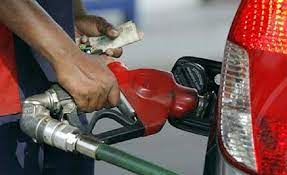
Fuel-Price-Hike-in-Imo



















